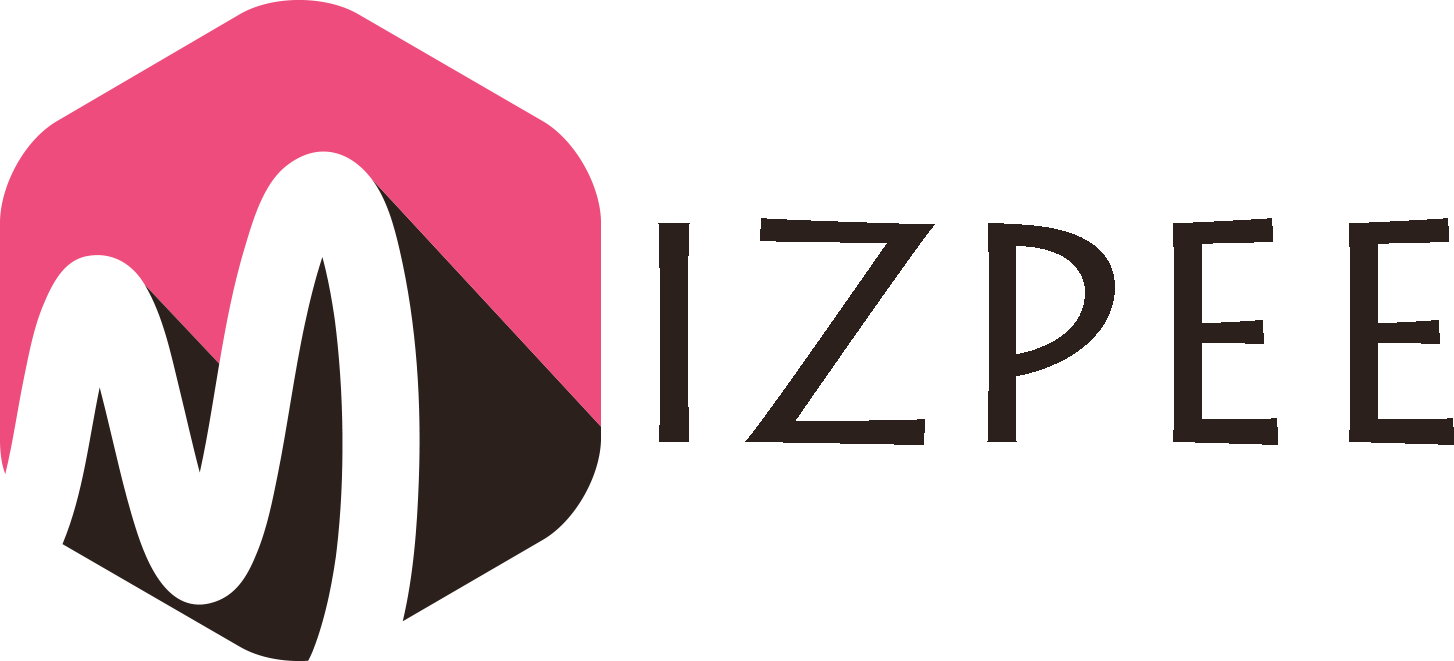Many website owners make the grievous mistake of leaving the security of their websites up to other parties; say their web hosts or even fate. Taking the security of your website for granted can lead to severe repercussions whose effects are often felt for months, if not years.
One minute your website could be functioning just fine, and the next, it may be crawling with a casino, and online poker ads redirect to adult sites or could be taken offline by malicious hackers. If you want your website to remain robust, safe, and to be trusted by your loyal group of visitors and readers, you need to take control of your website’s security. All these potential threats have happened to many innocent website owners who all say the same thing: I never thought this would happen to me.
To avoid the above situation, below are some of the steps you can take to ensure your website’s security and prevent such attacks:
Contents
Obtain an SSL Certificate
An SSL certificate is no longer a luxury item. All business sites & blogs for the safety of their websites and readers should priority SSL certificate. If you need SSL at cost effective, you can consider SSL2BUY- reliable SSL provider in your favorite list. Many enterprises are having multiple websites for their diversity functions. For multidomain security in case if the enterprise carries wide domain network, then SAN SSL certificate is an ideal option for enterprises.
Some of the benefits of an SSL certificate are:
- SSL secures website and visitors from man-in middle attack as well phishing attacks and prevent data sniffing as well assures visitors that they are interacting with correct website.
- Improved SEO ranking for your site.
- Helps authenticate your identity as your website’s valid owner, as before you install the SSL certificate, you will have to verify your status as the real site owner.
- Installing an SSL certificate assures that you have fully complied to PCI requirements if you sell products online through your site.
- Improves Customer trust.
Passwords and usernames
Set a robust password for accessing your business website or blog dashboard. Placing your pet’s birthday may be convenient and easy to remember but not so secure in online world. Use a password with numbers, symbols, and a mix of upper and lowercase letters.
Having a passcode might be a better option; a phrase rather than a simple word will offer better security. Again, stop using ‘Admin’ as your username, as hackers will start by using ‘Admin’ as a default. Change your password frequently let say every 15 days interval; this habit will keep you away from password theft.
Security software
Also secure your PC, as if it is compromised, your website is also at risk of being attacked. Avoid saving your login credentials on your default browser and install robust antivirus software to help detect and eliminate malware.
Some free ones you could try are Avira and AVG free Antivirus, while some excellent premium options are Kaspersky, McAfee, and Norton. Always try the premium version as it comes with many features that free ones does not provide. You can also set a warning about an insecure website/webpage in antivirus software.
Secure your email addresses
Your emails also serve as an entry point for hackers to sneak into your blog or mailing lists, so take measures to protect those. It is especially critical for the email you use to access your blogging dashboard.
Have a strong password to protect it and have a multi-factor authentication system to protect it further from scammers. Moreover, never click on unknown email links as it could download payload/malware in your computer and scan it for potential files.
Make a full website backup
The first step you need to take to get a safe fallback plan is to create an entire website back up. Full site backups are incredibly important in the case of a malware attack, or website plugin update went wrong. Have several copies, with one on a hard drive and another in the cloud.
Do not depend wholly on the one your web host provides, as it might take some time to obtain it, and you will want to make your site back online as soon as it is taken offline by a security event. Again, several backups help reduce the chances of restoring a backup with malware.
Always update your website’s plugins
Plugin and add-on developers work around-the-clock to upgrade their software to fix any bugs and backdoors that hackers can leverage. To take advantage of these improved versions, update your website and all its plugins as often as you can.
Add security plugins to your website
The most effective site builders, such as WordPress have a collection of excellent tools that you can use to boost your website’s security further. Some of these include:
Acunetix WP Security Scan which ones configured will scan your site for all potential weak points and recommend the best measures to take.
Sucuri Security for an all-around security solution with loads of remarkable monitoring features to keep you updated on your blog’s security.
Brute Force Login Protection in case you are experiencing multiple login attempts or botnet attacks.
WordFence is a far more popular add-on for not only boosting your site’s security but also increasing its loading speed. It provides you with a firewall, a security hole scanning option, and an excellent blocking feature.
Conclusion:
The above are some simple steps you can take to prevent a significant security breach from ruining both your site and online brand.
It is easier to prevent a security disaster than recover from it, so consider taking these measures to secure your website.
Most businesses nowadays suffer from cybercrime due to ignorance of data and website security so, it is necessary to have robust security for your website.


